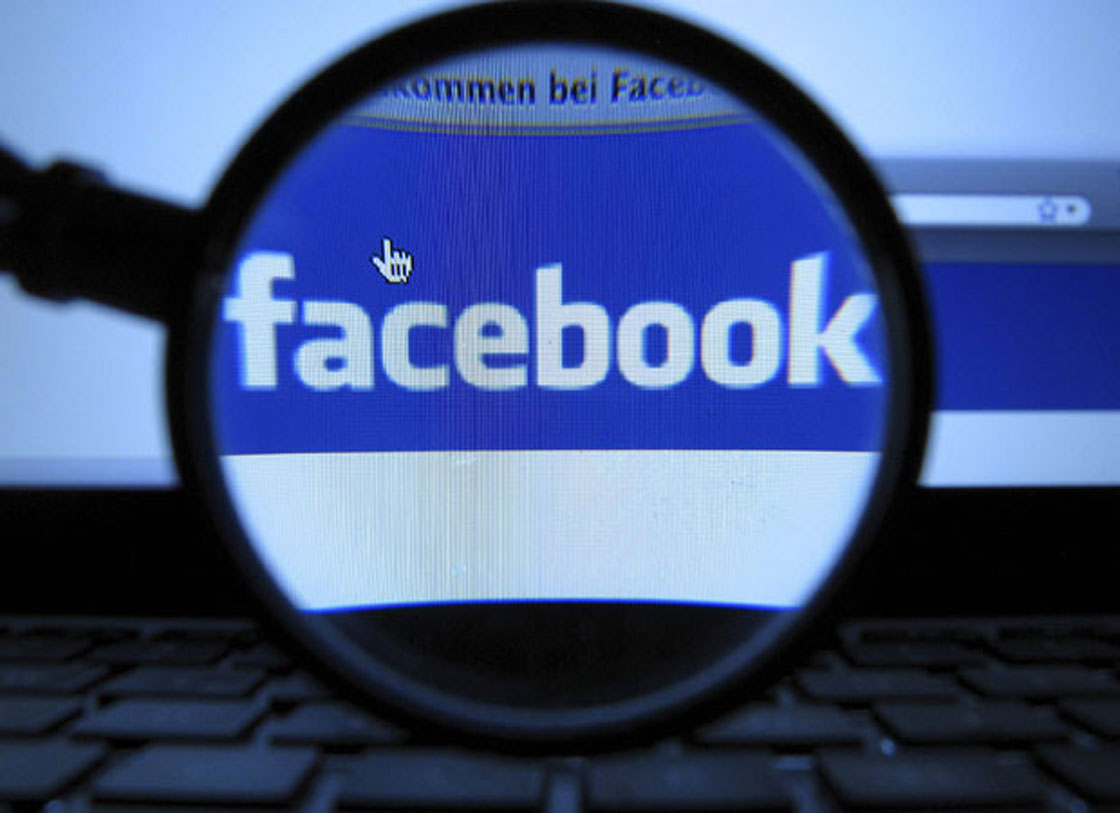TORONTO – While it’s assumed that Facebook helps us feel more connected to friends and family, be it through status updates or likes on your latest “selfie,” a new study suggests that regular Facebook use can lead to unhappiness.

The University of Michigan Study released Wednesday found that the time a user spent on Facebook negatively influenced a user’s feelings of well-being, happiness, and overall life satisfaction.
Researchers even noted that the longer a person spent on Facebook in one sitting, the worse they felt.
“On the surface, Facebook provides an invaluable resource for fulfilling the basic human need for social connection,” said University of Michigan social psychologist and lead author of the study Ethan Kross.
“But rather than enhance well-being, we found that Facebook use predicts the opposite result – it undermines it.”
For the study, researchers monitored the moods of 82 “young adults” – all of whom owned smartphones and used Facebook – by asking them a series of five questions at random times throughout the day for two weeks.
Participants were asked how they were feeling emotionally – including questions that asked them if they were feeling worried or lonely, how much time they had spent interacting with others “directly,” and the amount of time they had spent on Facebook since they last answered.
Over the two-week period, the more participants logged into Facebook, the more their life satisfaction levels declined.
This may come as a surprise to the 14 million Canadians who check their Facebook news feed every single day.
And, according to data also released Wednesday by Facebook, Canadians’ daily usage of the social network is higher than anywhere else in the world, including the U.S.
Kross stressed an important finding in the study was that Facebook did not serve as an outlet when people were feeling depressed or sad – participants were not more likely to use Facebook if they were feeling down. However, people were more likely to log on if they felt lonely.




Comments